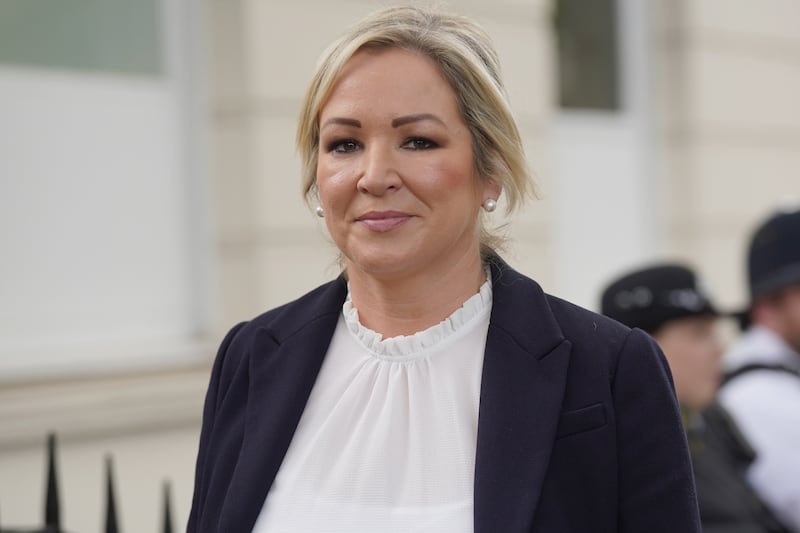ALMOST half of small firms in the UK expect their performance to get worse in the coming few months amid a plunge in confidence, a new study suggests.
Research by the Federation of Small Businesses (FSB) indicates that expectations of profits and exports have slumped to a five-year low.
Smaller companies headed into the general election "gripped by pessimism", said the FSB.
Its survey of more than 1,000 small businesses found that fewer than one in four expect things to improve in the next three months.
Barriers to growth include falling consumer demand, labour costs and the domestic economy, said the report.
Only one in 10 of those polled said they were planning to hire staff in the next quarter - the lowest number for five years.
FSB director of external affairs Craig Beaumont said: "The small business community has been stifled by uncertainty for more than three years. This quarter, the added uncertainty that accompanies a general election made it even harder for small firms to plan, hire and increase profits.
"The incoming government has made some very positive commitments to the small business community, particularly where connectivity, employment costs, business rates and late payments are concerned; it now needs to deliver.
"The fact that we're seeing hiring intentions drop off so dramatically is a real concern. The need for this government to deliver on its promise to cut the jobs tax by increasing the employment allowance is a very urgent one.
"The small business community should be kept front and centre when ironing out our future relationships with the EU and other countries across the globe."
Meanwhile the FSB's regional head Tina McKenzie has welcomes the government’s Withdrawal Agreement passing its second reading in the House of Commons just before Christmas but says much work will still need to be done to ensure the Northern Ireland trading arrangements are ready and fit for purpose by the end of the transition period.
She said: “The passing of the second reading increases the likelihood that we will leave the EU before January 31, but that will only be the end of the beginning of the Brexit process, as we will then enter a transition period where the UK-EU future relationship will be discussed in tandem with working out the practicalities of trade between Great Britain and Northern Ireland.
“As implementation of the withdrawal agreement will begin in the New Year, it is vital that the new joint consultative working group has effective representation from Northern Ireland businesses, who can advise on how the practicalities will impact the economy.
“It is crucial that the prime minister lives up to his commitments on the campaign trail, and that Northern Ireland’s place in the UK internal market is protected.
“Additional cost and complexity on east-west trade should be kept at an absolute minimum and firms must receive the support required to adapt to any changes.”







